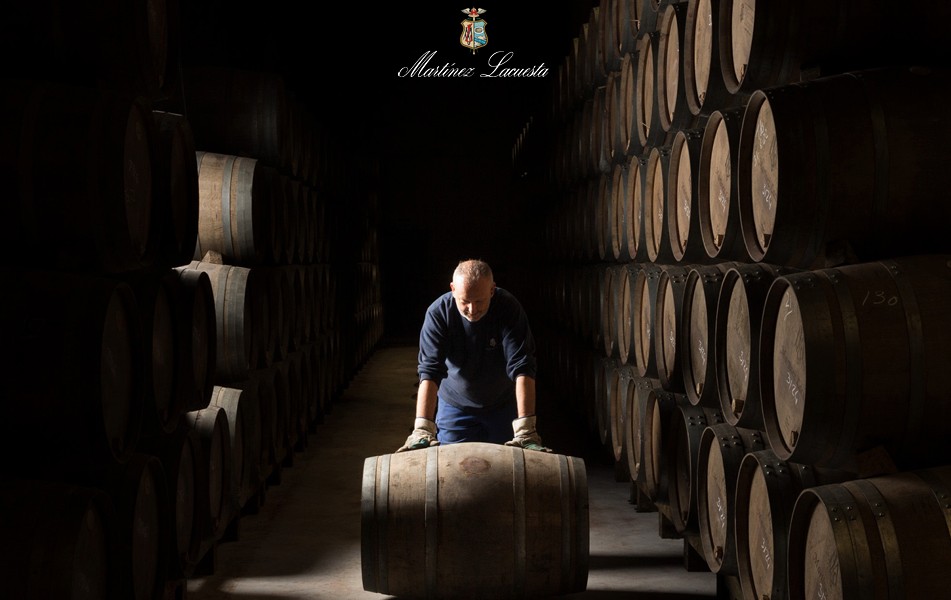Dynasty to sell off Tianjin winery facilities
China’s Dynasty Fine Wines, a joint venture between the Tianjin government and French spirits giant Rémy Martin, has put its estate château and part of its winery facility in its home base of Tianjin up for sale for a total of RMB 400 million (US$58.7 million), as the company’s financial woes deepen.
The news was announced in a statement filed by the listed company on Hong Kong Exchanges and Clearing on 27 June. It comes at a time when the company has suffered five consecutive years of financial loss and is still suspended from trading in Hong Kong after being alleged to have faked invoices and sold expired wines.
Last year, the company was reported to be selling off its massive Bordeaux wine stocks to liquidate money to pay off company debts and employees’ salaries.
In the latest statement, the company said it will put the rights to 169,343 square meters of land on sale, which includes its château, wine blending and temperature control centres as well as some technical facilities for sale, noting that the centres haven’t been used for the winery’s production.
But when asked by dbHK if the winery will continue to produce wines from its Tianjin base, the company insisted that production won’t be disrupted.
“The disposal will not affect the production of wines and sales of wines via distributors because the group still has plenty of production facilities to produce wines,” Tommy Chan, senior associate of Strategic Financial Relations (China) Limited in charge of communications for Dynasty, replied to dbHK, adding that the château was mainly used for education, exhibition and hotel reception.
Partner Content
According to its website, it has winemaking facilities in Shandong, Ningxia and Xinjiang in addition to Tianjin.
When explaining the decision in the statement, the company attributed competition from e-commerce and clients’ changing consumption behaviours as leading factors behind the sale. “Demand for wine products have changed from higher-end corporate and business clients to lower-end mass market. This is also the focus of our strategic change,” said Dynasty.
“The château did not play any role in improving online and mass market wine sales, and in the meantime, other facilities have not been in production. Hence, the company decided to sell them and allocate resources on key wine production and sales,” it added without elaborating on details.
Founded in 1980 in Tianjin, Dynasty, as a leading Chinese wine brand, has been often served at official state dinners. At its height in 2010, Dynasty Fine Wines was voted as the second most valuable wine brand in China only after Great Wall by China Association for Liquor & Spirits Circulation and China Brand Institute.




